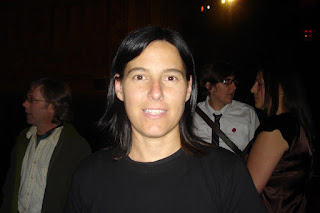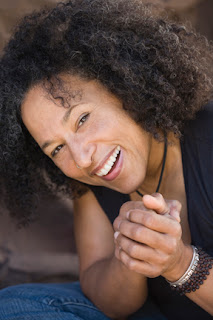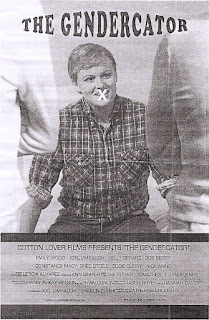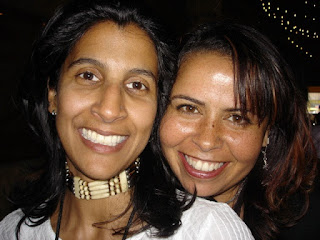Search This Blog
Official website of Annakarinaland , broadcast on KXSF.fm San Francisco Community Radio Focus on Women and Film. Published reviews and scholarly writing of film critic Moira Jean Sullivan
Posts
Hollywood, A Country for Old Men and Foreigners
- Get link
- X
- Other Apps
Jamie Babbit Closes Frameline; Andrea Sperling Receives Frameline 2007 Award
- Get link
- X
- Other Apps
Frameline31 San Francisco Pulls Lesbian Film from Lineup
- Get link
- X
- Other Apps
Third Queer Women of Color Film Festival, San Francisco, 2003
- Get link
- X
- Other Apps













